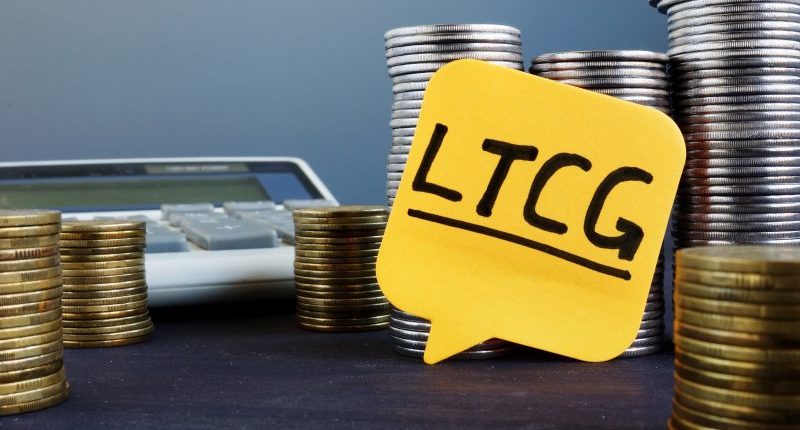A company can buy-back its shares from the existing shareholders to reduce its paid-up capital. The buy-back carries a letter of offer to the shareholders indicating the terms and conditions of the buy-back. The letter of offer specifies the number of shares entitled to the buy-back, the price of the buy-back, date of opening and closing of the buy-back offer. A listed company communicates the buy-back offer through the post and on the registered email ID of the shareholder.
The company who carries out the buy-back should pay an additional income tax at the corporate level. The capital gains are tax-exempt in the hands of the shareholder.
The company pays a tax at 22.4% on the distributed income. Distributed income is the amount payable by the company calculated at the buy-back price reduced by the amount received by the company for the issue of the share. In the case of shares purchased through the stock exchange, the issue price is the face value of the share.
For example, in the case of a listed company which announces a buy-back at Rs 500, and the face value of the share is Rs 10, the tax is on Rs 490 payable to the shareholder. The tax of Rs 110 (approx) is the liability of the company. The shareholders receive a net amount of Rs 390 (Rs 500 – Rs 110) from the company. In case the shares are bought for Rs 250 per share, the net gain for the shareholder is Rs 140 (Rs 390 – Rs 250) per share.
The shareholder is not liable to tax on the capital gains in respect of the shares tendered in a buy-back offer. The capital gains exemption applies to both long-term and short-term capital gains. However, in case the shareholders have any capital losses, they cannot set-off the same as the capital gains are tax-exempt.
Also Read: What is your capital gains tax? How do you report in the ITR?
In contrast to a buy-back, if the shareholder sells the shares through the stock exchange, the gains are taxable as follows:
- Short-term capital gains get taxed at 15.6% (for selling within one year of purchase).
- Long-term capital gains get taxed at 10.4% (for sale made after one year of purchase). Only the long-term gains above Rs 1 lakh per financial year are taxable.
The tax is on the gain, which is the sale price minus the purchase price. Also, in case the shareholder has a capital loss of the current year or brought forward, the loss can be set-off from the capital gain. A short-term capital loss can be set-off against both short-term and long-term capital gain. A long-term capital loss can be set-off only against long-term capital gain.
In the example above, let us assume the shareholder sells the share at Rs 390 on the stock exchange instead of tendering in the buy-back. The gain per share is Rs 140 (Rs 390 – Rs 250). In case the gains are short-term, the tax payable at 15.6% is Rs 22 per share. In case the shareholder has held the shares for more than one year, the gains are tax-exempt up to Rs 1 lakh. The tax payable for gains above Rs 1 lakh is 10.4%.
A shareholder considering a buy-back offer should bear in mind the following points from a tax perspective:
- The purchase price paid for the shares by the shareholder.
- The net amount receivable from the company under the buy-back offer.
- The capital gains tax in case the shareholder sells through the stock exchange instead of tendering shares in the buy-back offer.
- The capital loss, if any available to the shareholder for set-off in case of sale through the stock exchange.
For any clarifications/feedback on the topic, please contact the writer at sweta.dugar@cleartax.in
I am a Chartered Accountant by profession. I specialise in personal taxes and corporate income tax matters. I am an avid reader and track developments in financial markets, economy and other market developments.





